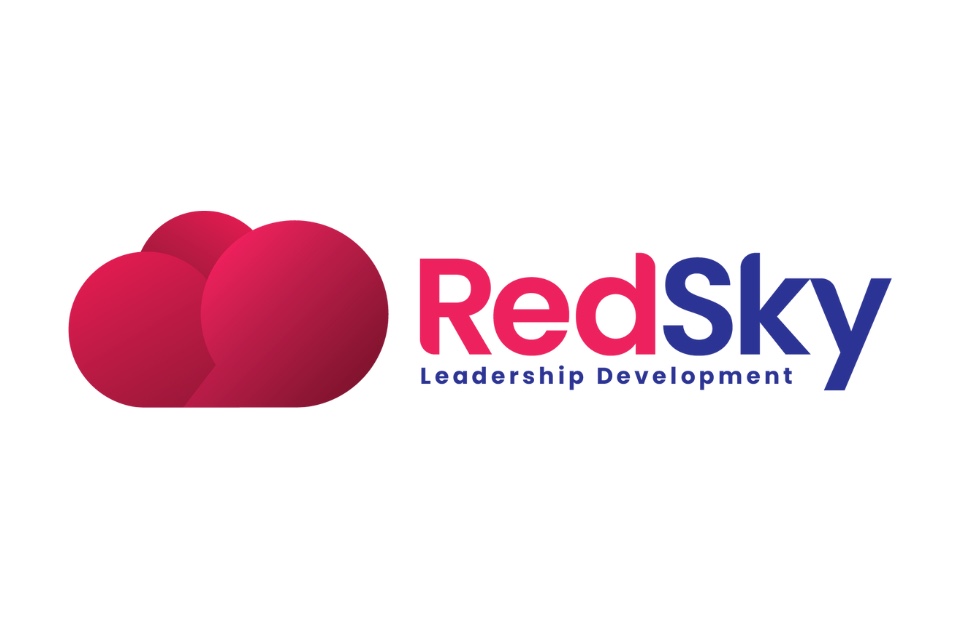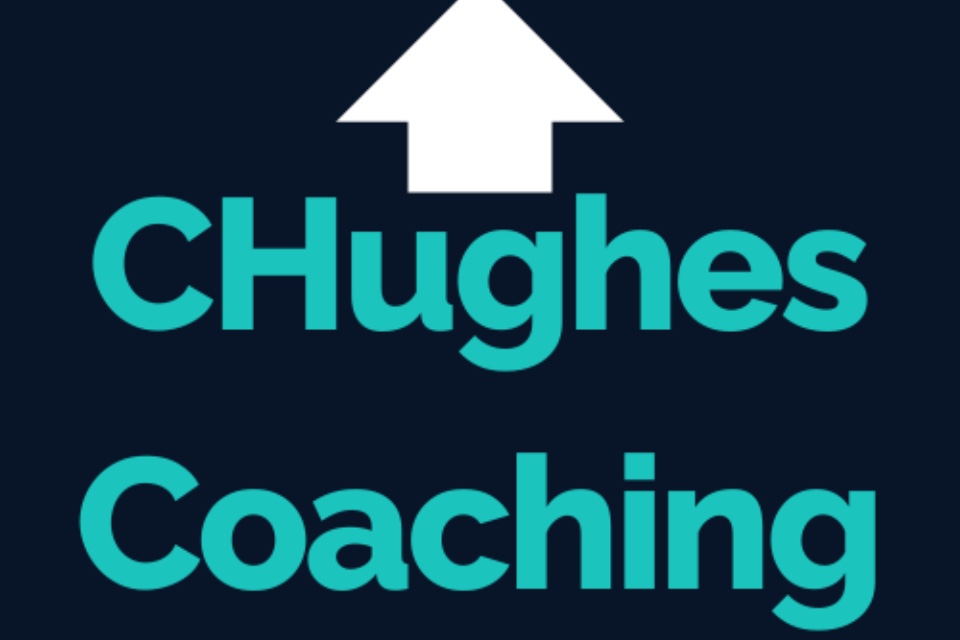Executive coaching has long been grounded in trust, empathy, and reflection: qualities that no algorithm can replicate. Yet as leadership challenges grow more complex, many organisations are turning to AI-driven tools and digital platforms to enhance the coaching experience, not replace it. The most forward-thinking HR leaders are finding that when artificial intelligence meets emotional intelligence (EQ), the result is scalable, data-informed coaching that still feels deeply human…
Blending Data with Human Insight
AI’s role in executive coaching is increasingly focused on enhancing the quality of insight rather than automating the relationship.
Advanced coaching platforms now analyse patterns in language, sentiment, and engagement to help both coach and coachee track progress over time. For instance, natural language processing (NLP) tools can identify recurring themes in reflection journals or meeting transcripts, such as stress indicators, leadership biases, or communication trends, giving coaches richer context for their sessions.
Rather than dictating advice, AI acts as an intelligent mirror, highlighting areas for discussion and growth.
Virtual Coaching and Accessibility
The shift toward virtual coaching environments has also broadened access. Video-based sessions, asynchronous voice notes, and digital coaching communities allow leaders across time zones to receive consistent, high-quality support.
AI helps by matching coachees with the right coaches based on goals, leadership style, and personality traits, improving alignment and outcomes. Some platforms even provide ‘micro-coaching moments’ between sessions, nudging leaders with personalised learning prompts or reflection exercises drawn from past conversations.
This flexibility is particularly valuable for hybrid organisations, where consistent leadership development must cross both physical and digital spaces.
Measuring Impact Through Data
AI analytics make it possible to quantify coaching impact in ways that were once intangible. HR and L&D teams can now assess changes in engagement, feedback sentiment, and performance indicators, linking coaching outcomes directly to organisational goals.
This data-driven approach helps demonstrate return on investment while maintaining confidentiality and trust, ensuring that human connection remains at the centre of the process.
Keeping EQ at the Core
Despite the rise of digital tools, emotional intelligence remains the beating heart of effective coaching. AI may analyse tone or sentiment, but it cannot empathise. The future of executive coaching lies in partnership, where technology amplifies human understanding rather than replacing it.
In 2026, the most successful leadership development programmes will be those where AI supports EQ, helping leaders become not just more efficient, but more self-aware, resilient, and connected.
Are you searching for Executive Coaching solutions for your organisation? The HR Summit can help!
Photo by Helena Lopes on Unsplash









